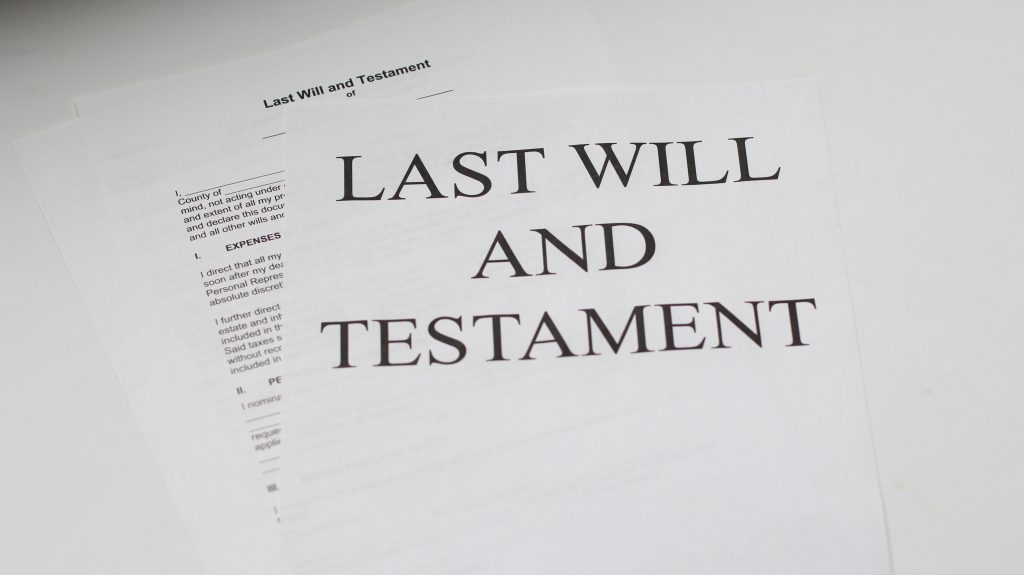Research conducted in 2018 found that more than half of adults (54%) living in the UK did not have a Will in place and 59% of UK parents either did not have a Will, or had one that was out of date.

A valid Will ensures that your important decisions such as the distribution of your assets and the guardianship of minor children are implemented.
What happens if you die without a valid Will?
Under the laws of England and Wales, the “intestacy rules” govern how a person’s estate is distributed on death in the absence of a valid Will. When a person is married with no children, their spouse will inherit the entire estate. However, if the deceased had children, the rules dictate that the surviving spouse will receive (i) a legacy, known as the “statutory legacy” (of currently £250,000), (ii) all the deceased’s personal chattels and (iii) half of the remainder of the deceased’s estate, with the remaining half passing to the deceased’s children.
With effect from February 2020, the statutory legacy has increased to £270,000, which is in line with the Government’s promise to raise it in line with the Consumer Prices Index (CPI) at least every five years.
Although on the face of it this appears to be a positive move, based on the experience of the Wills, Trust and Probate team here at Parry Law in dealing with intestate estates, it still falls short of ensuring that those closest to you receive the protection you may believe they will get under the law.
The risks of not having a valid Will:
- Unmarried cohabitees still do not receive anything from a deceased’s estate under the intestacy rules. Therefore, if you wish to provide for a cohabitee, a close friend or anyone else for that matter, you would need to make such provision in a valid Will.
- A common misconception, and often an incorrect justification for not having a Will, is that a spouse will automatically inherit everything. As you will have seen above, where the deceased dies leaving children, the deceased’s spouse will not necessarily inherit the entire estate. This could be problematic for a surviving spouse and could lead to important assets, such as the family home, being divided or co-owned by the surviving spouse and the children.
- Under the intestacy rules, the children inherit at 18. For many parents this may seem too young to receive a potentially large sum of money. Therefore, it is essential to have a Will in place to provide mechanisms to protect a child’s inheritance.
So, despite the welcome recent legislative change, it is still our advice that it is of vital importance to take appropriate advice and to get a valid Will in place.